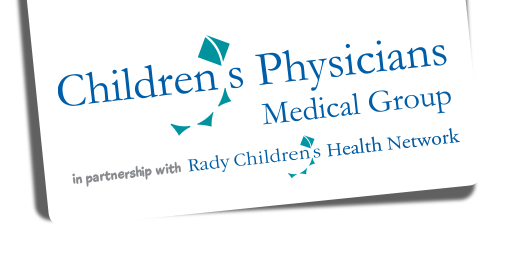Anna Mendenhall, MD, FAAP
http://www.youtube.com/watch?v=V2QkL9J_pXc
What is Mono?
Infectious mononucleosis is sometimes called mono or the kissing disease. It is caused by the Epstein-Barr virus (EBV) in 90% of cases, which is in the herpes virus family of viruses. Most people become infected with EBV at some point in their lives. Like all herpes viruses (chickenpox and herpes simplex), EBV stays within the body once a person is infected. The virus is usually in an inactive state, but occasionally the virus multiplies and is shed in saliva and other body fluids.
What are the classic symptoms of Mono?
Many infants and young children infected with EBV have no symptoms or only very mild ones. When there are signs and symptoms of mononucleosis, they usually include the following:
- Fever
- Sore throat, including white patches in the back of the throat.
- Swollen lymph glands in the back of the neck, groin and armpit.
- Fatigue in addition to these typical symptoms, children may also have one or more of the following signs and symptoms:
- Chills
- Headache
- Decreased appetite
- Puffy eyelids
- Enlargement of the liver and spleen
- Anemia
- Sensitivity to light
Contact your pediatrician if your child has the major symptoms described here, especially a fever, sore throat, fatigue, and enlarged glands!
How is mononucleosis diagnosed?
The diagnosis of infectious mononucleosis is usually made through a medical history, physical examination and blood tests. A rapid “Mono Spot” blood test can usually be done in most pediatricians’ offices. Other tests may include a complete blood count to check for unusual looking white blood cells (monocytes). Blood tests can also detect increases in antibodies against EBV.
How is Mono spread?
Epstein-Barr virus is spread from one person to another in saliva, blood and other body fluids. Close contact is usually required, such as sharing drinks, food, lipstick, kissing or through sexual contact. Mono cannot be spread through the air easily and thus, a child can attend school if they feel up to it and the fever is gone. Although the infection can occur at any age, mononucleosis is most common in people between 15 and 30 years of age for several reasons:
- Getting run down
- Sharing food, drinks or saliva
These patients are in the age group where the classic symptoms are usually noted.
How is Mononucleosis treated?
Much of the treatment for mononucleosis is aimed at supportive care:
- Making your child more comfortable until the infection goes away on its own.
- Ibuprofen or Acetaminophen – helps with fever & throat pain.
- Sore throats can be treated by drinking warm tea or gargling with warm salt water or by soothing cool popsicles.
- Rest – NO SPORTS (due to the danger of an enlarged spleen).
- Multi-vitamins and probiotics to boost the immune system.
- Healthy eating (or in this case – drinking… the throat is usually too sore to eat so fruit smoothies and hearty soups are a must)!
- Rarely, a steroid (prednisone) is needed to shrink the inflamed tonsils so that breathing and swallowing is not a problem.
Because a virus causes mononucleosis, infected children should not be treated with antibiotics. In fact, if antibiotics are given in a patient who has active mononucleosis they will often get a very uncomfortable and itchy rash. This can sometimes be mistaken for an allergy to a medication and that is why it is so important to properly diagnose a sore throat as Strep with a test before treating with an antibiotic.
What is the prognosis?
Most cases of infectious mononucleosis clear up in 1 to 3 weeks (although symptoms, particularly fatigue, can last for several additional weeks in some kids).
Are there any severe or long term problems that can occur from Mono?
Children with infectious mononucleosis should not participate in contact sports until the swelling of their spleens subsides! If the body is hit in the area of an enlarged spleen, the spleen can rupture or tear open, causing internal bleeding that can lead to death. Keep in mind that this is uncommon and that mononucleosis rarely results in death.
Rarely, patients with abnormal immune systems can have a more severe infection that further weakens the immune system, resulting in cancers or death caused by liver failure and bacterial infections.
Is there any way to prevent Mono?
It is difficult to prevent the spread of this virus because people who have been infected can spread the virus for the rest of their lives. Your child should avoid infected saliva by not sharing drinking glasses, water bottles or eating utensils.
No vaccine is available to protect against infectious mononucleosis!

